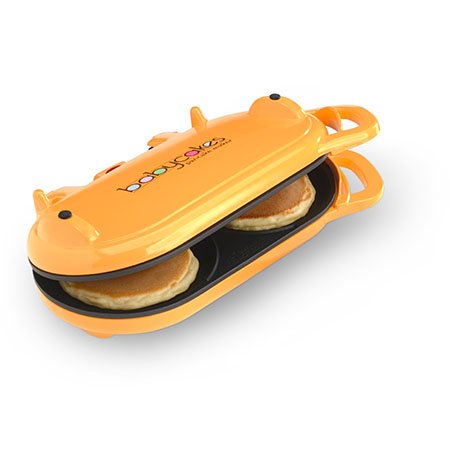Today I’m excited to welcome the Oceanic Society to TheCrunchyMommy.com to discuss one of the biggest issues plaguing our oceans worldwide. Plastic pollution is something that I’ve started a conversation about and look forward to continuing to sharing information on this topic.
Plastic pollution is one of the greatest threats to ocean health worldwide. With skyrocketing plastic production, low levels of recycling, and poor waste management, between 4 and 12 million metric tons of plastic enter the ocean each year—enough to cover every foot of coastline on the planet! Scientists estimate that more than half of the world’s sea turtles and nearly every seabird on Earth have eaten plastic in their lifetimes. And the problem is only getting worse.
Why Plastic Pollution Is So Problematic
One of the reasons that plastic pollution is such a problem is that it doesn’t go away: “plastics are forever.” Instead, plastic debris breaks down into ever-smaller particles, known as microplastics, whose environmental impacts are still being determined. It’s estimated as many as 700 species could go extinct because of plastic pollution.
The news is devastating, and you might find yourself feeling powerless. However, the solution is simple: change our behaviors that damage ocean health and the oceans will continue to thrive.

So What Do We Do To Help With The Plastic Pollution Issue?
By eliminating plastic products that you typically use once and then toss away, and replacing them with reusable items, you can help reduce the amount of plastic that ultimately ends up in our oceans. You can begin with reducing your consumption of single-use plastic items such as bottles, utensils, bags, straws, cups, takeout containers, and others.
Other ways to contribute to the cause is to:
- Participating in (or organizing) beach or river cleanups;
- Supporting legislation that reduces plastic waste;
- Avoiding products containing microbeads;
- Encouraging businesses, you frequent to seek alternatives to single-use plastic;
- Recycling properly (learn what your local recycling plant is able to accept);
- Spreading the word;
- Supporting organizations working to reduce and eliminate plastic pollution.
We Need To Do The Work Now
Ocean resources need to be protected for future generations, and there are many ways in which we can pivot our behaviors to lessen the devastation on the ecosystem and help reverse climate change. We need to be putting in this work now and passing it on to future generations so they are aware too. There’s much to do but it can be done as a collective.
If you have any questions on ways in which you can fight plastic, visit Oceanic Society’s Blue Habit’s plastic guide: https://www.bluehabits.org/fight-plastic-pollution






